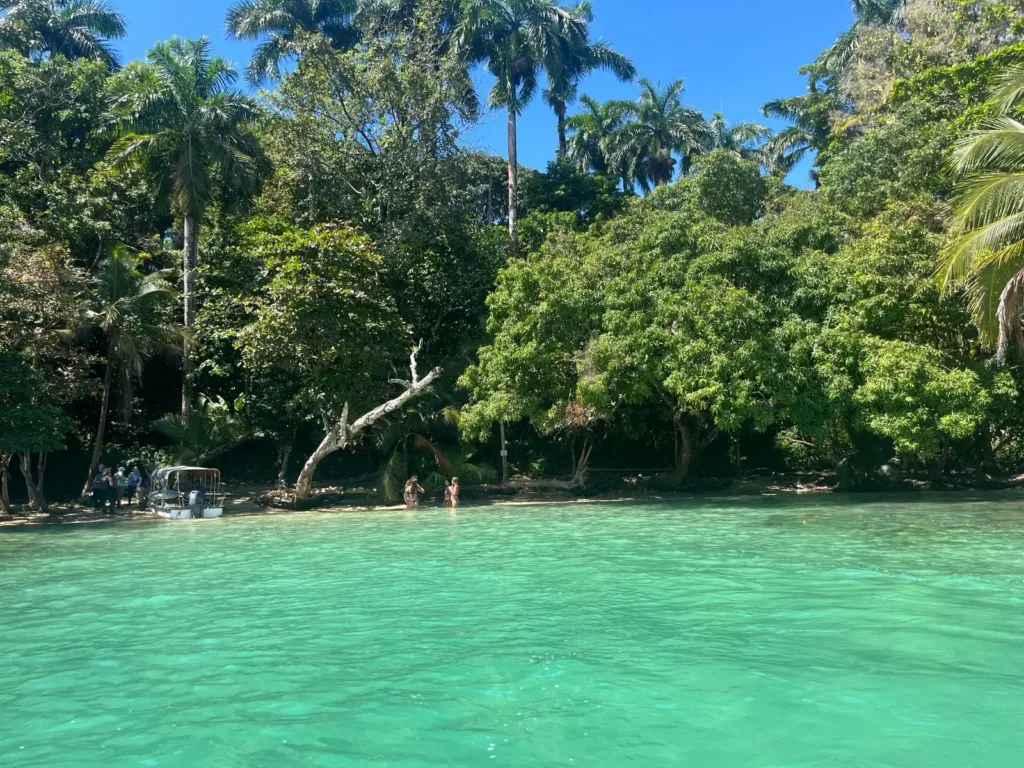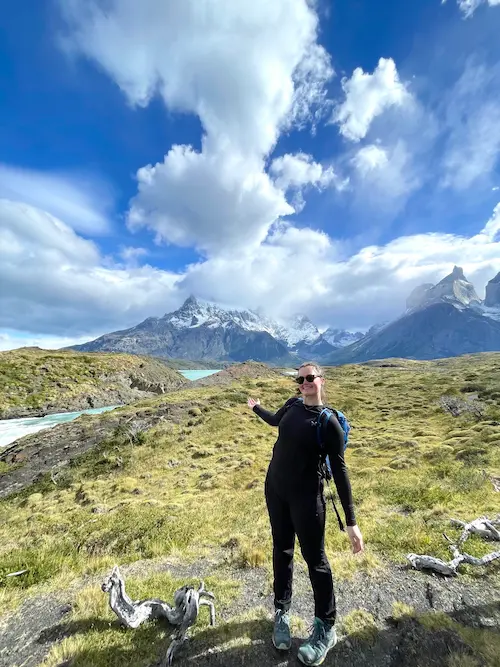Living Sustainably in Costa Rica & Beyond SFS
The alarm goes off at 6AM; time to rise and shine for the members of Pandilla Group 3. As we get up we are greeted by a multitude of bird calls from the surrounding forest. We put on our rubber boots and head for the chicken coop. The chickens squawk impatiently as a student fills up the feed buckets while the other collects the eggs that the chickens have so graciously laid the night before. The group takes the bucket full of eggs back to the kitchen where they are greeted by a “¡Hola, buenos días!” from the chefs who begin to prepare breakfast for the day.
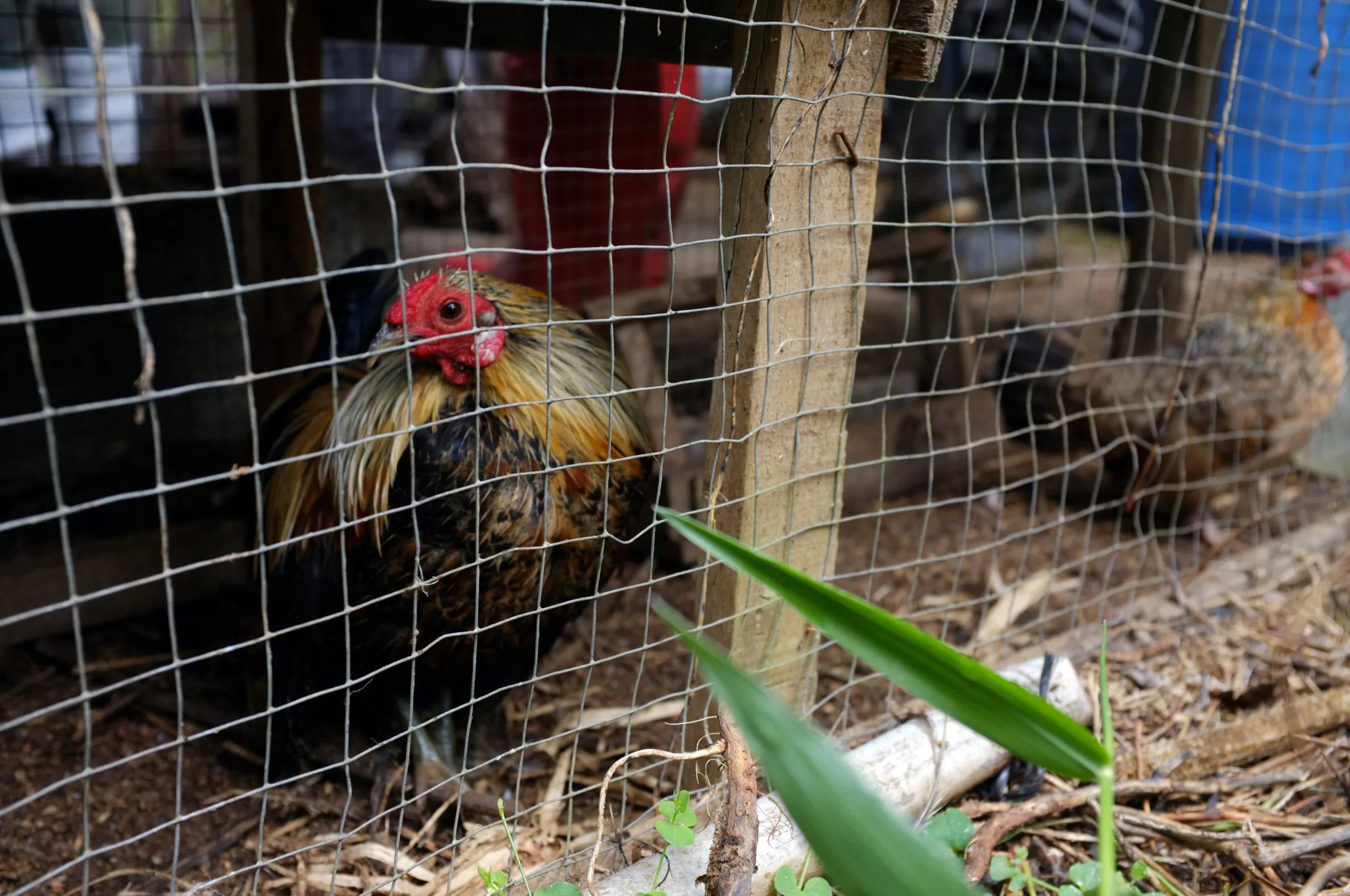
This is just one of the ways in which we start our day at The SFS Center for Sustainable Development Studies’ field station in Costa Rica. Sustainability is the focus from start to finish – from the meals we eat to the energy choices we make.
After first arriving at the Center, the students reviewed and revised an old “sustainability contract” written by the students from the previous term. It described the basic ways in which we can act more sustainably at the Center and also the actions we can take as future environmental leaders. We signed the contract with the promise to save energy, compost food, reduce waste, and become more environmentally aware through our sustainable practices.
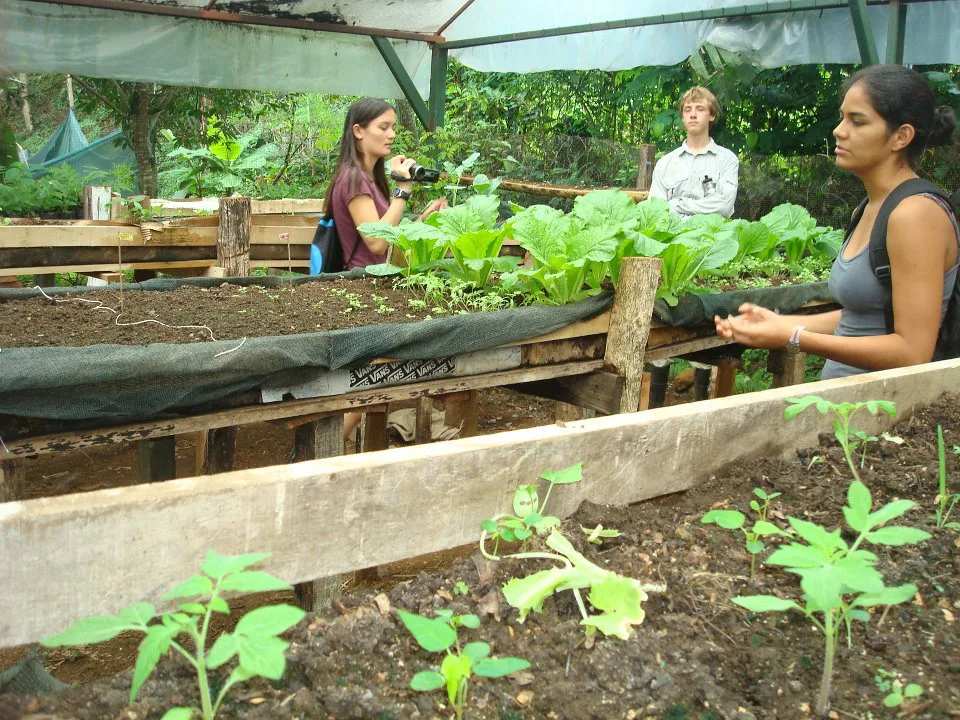
To help remind us of the sustainable practices that we had promised to uphold, we were assigned to Pandillas, or student work gangs, in order to complete daily chores around the Center. One of the most memorable was farm duties. Every day a Pandilla group would wake up bright and early in order to collect eggs from the hen house, gather fruit from the trees around the Center, and pick vegetables from the garden in order to prepare our meals for the day ahead.
We tried to retain our sustainable mentality from the start of our meals to the finish. We had large compost bins outside of the kitchen in which we would separate all our leftovers for composting or for disposal. We would hand wash all our dishes in order to save water and would drink out of water bottles instead of cups.
Not only was the food “recycled”, but the trash as well. The Center has bins for recycling paper, plastic, cardboard, aluminum and glass. The material was carefully sorted through and donated to a small, family run business.
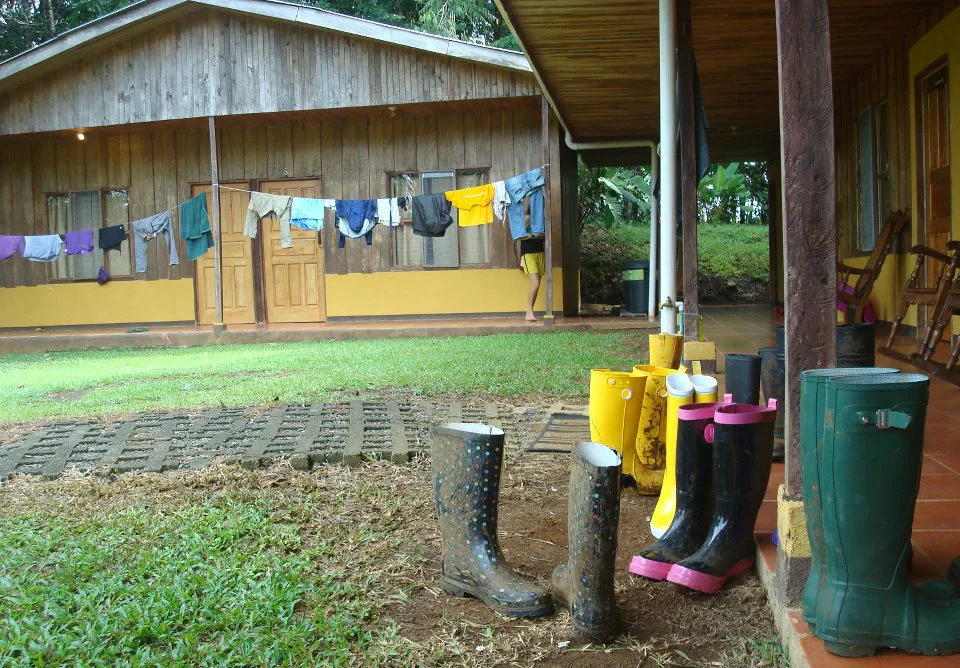
Travel was also something we were cautious of. We kept a log to record how many taxi and bus trips we took in order to calculate our carbon footprint. Some students would even take the hour-long walk into town instead of calling a cab just to reduce carbon emissions.
Reflecting on it all, it really wasn’t the big things that truly made the difference; it was the little things, the things no one ever really thinks about, the things we’d do every day that would make the biggest impact on our lives. We’d use biodegradable shampoos, detergent and toilet paper, share laundry loads and sundry our clothes, print on both sides of the paper and unplug all electronics when not in use, and we’d switch off the lights and study in the sun. By the end of the session, being sustainable in an everyday sense became a habit. We didn’t even have to think about it anymore; we just knew how to live life sustainably.
Now, it’s one thing to go out there and promote sustainable development in the community, like planting trees, endorsing sustainable tourism, or simply educating the public – all of which the Center succeeded at doing – but it’s another thing to actually practice being a sustainable human being at home. There’s only so much you can do in the field before you realize you must change your own personal actions. I feel that the Center’s vision helped to promote this environmental stewardship on both a communal and personal level.
These are the things you don’t get a grade for. These are the things that usually go unnoticed. These are the things we do every day because we are not only living in the present, but in the future as well. I learned that at The School for Field Studies.
Related Posts

